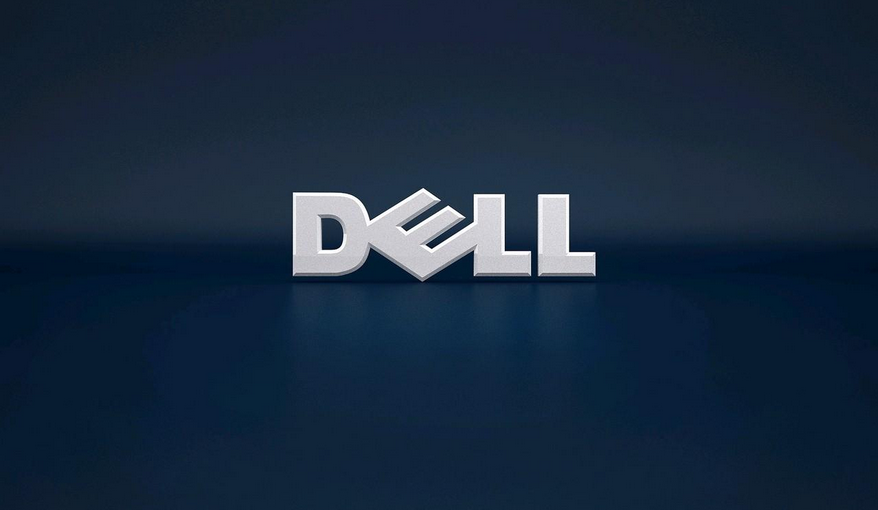Reporter: Did you wait too long to come back?
记者:您一直等了很久才回到戴尔的吗?
Dell: I probably could have come back a little bit sooner, but I don’t think I waited too long.
戴尔:可能我本可以回来得更早一些,但是我想我并没有等很久。
Reporter: What made you decide to return?
记者:什么原因使您决定回戴尔呢?
Dell: The board asked me to come back. It was clear that we needed to make some changes in the company. I’ m actually quite excited to be back-it gives us a chance to reinvent the business. We’ve taken a very fresh approach to things. We're willing to question anything, change everything and do whatever it takes to get success and results for our customers,our shareholders and our people inside the company.
戴尔:是董事会要我回来的,显然我们需要对公司进行一些调整。其实能够回来我感到很兴奋,因为我们又有了一个对商业重新进行改造的机会。我们又有了解决事情的全新的方式,我们愿意对任何事情提出疑问,对任何事物进行改造,并且做任何事情以取得成功,为了我们的顾客、股东和公司内的人员,公司要取得一些成绩。

Reporter: Your profits have been falling for quite a while.
记者:很长时间以来您公司的收益一直在减少。
Dell: One reason is fairly easy to see: our head count grew by 50 percent to about 80,000 employees while revenues grew by just 15 percent. That’s not a good idea.
戴尔:一个很显而易见的原因在于,我们公司的员工数量上涨了50%,达到了8万人,而收益只增长了15%,这不太好。
Reporter: What were these people hired for?
记者:为什么要雇用那些人呢?
Dell: We’ve been asking ourselves that same question. I think the organization got too complicated. We made it too complicated. The CEO had too many people reporting to him, each person reporting to the CEO had an organization to support him, and then these had their own supporting organizations and so on. It multiplied out to be a whole lot of people. Everyone was well-intentioned, everyone went to work saying ‘We’re going to do great work today,,but when you add it all up, the structure didn’t work out.
戴尔:我们也一直在问自己相同的问题。我觉得我们的组织变得太复杂了,是我们使它变得太复杂了。有太多的人要向首席执行官报告,而每一个报告的人都有支持他的一个组织,然后这些组织又有支持他们的组织,如此类推。这就使我们公司有了更多的人,每个人都是善意的,他们工作的时候都会说:今天我们要去做伟大的工作了。但是当把所有这些人都加到一起的时候,这个组织运转得并不好。
Reporter: Does this mean layoffs?
记者:这意味着你们将会解雇一些员工吗?
Dell: I think it,s pretty clear that our head count is going to go down.
戴尔:这是显而易见的,我们需要削减工作人员的数量。
Reporter: Do you feel pressured by your shareholders?
记者:您能感觉到股东带给您的压力吗?
Dell: I’m the biggest investor in the company, so I feel my own pressure.
戴尔:我是公司最大的投资者,所以我感觉到的都是自己的压力。
Reporter: Dell used to be the biggest computer maker worldwide. But last year Hewlett Packard took over and became global market leader. What makes them more successful than you?
记者:戴尔过去是世界上最大的计算机制造商,但是这个地位去年被惠普取代,惠普成为全球市场的领导者。他们取得比你们更大成功的原因是什么呢?
Dell: We’re still the most profitable producer. HP makes money mainly with printers. Their profit in the PC business is much less than ours. But they are now number one worldwide, absolutely.
戴尔:我们仍然是获利最多的生产者。惠普的收益主要来自于打印机,他们在计算机产业领域的收益比我们的要少得多。但是他们现在的确是世界第一。
Reporter: Was it a mistake to focus on corporate desktops while laptops gained in importance and increasingly became a must—have entertainment device?
记者:现在便携式电脑越来越重要,并且成为一项必须的娱乐工具,但是你们却还是侧重于台式电脑,这是一个错误的决定吗?
Dell: If you look at the growth in the computer market for PCs, it has been bigger in developing countries relative to developed countries, bigger in mobile computers, and lower in desktop computers, bigger in consumers and lower in corporations. Dell has had historical strength in the commercial market in the big, slower growing economies. So mobile computers, consumers,emerging markets—that’s where we’re going next.
戴尔:如果你去看一下个人计算机在计算机市场的发展,你就会发现发展中国家比发达国家有更大的市场,移动电脑比台式电脑有更大的市场,消费者比公司占据更大的市场。戴尔在这个巨大、发展缓慢的经济领域商业市场中,有史以来就有很强大的力量。所以接下来我们要进军的方向就是移动电脑市场、消费者市场和发展中国家市场。













